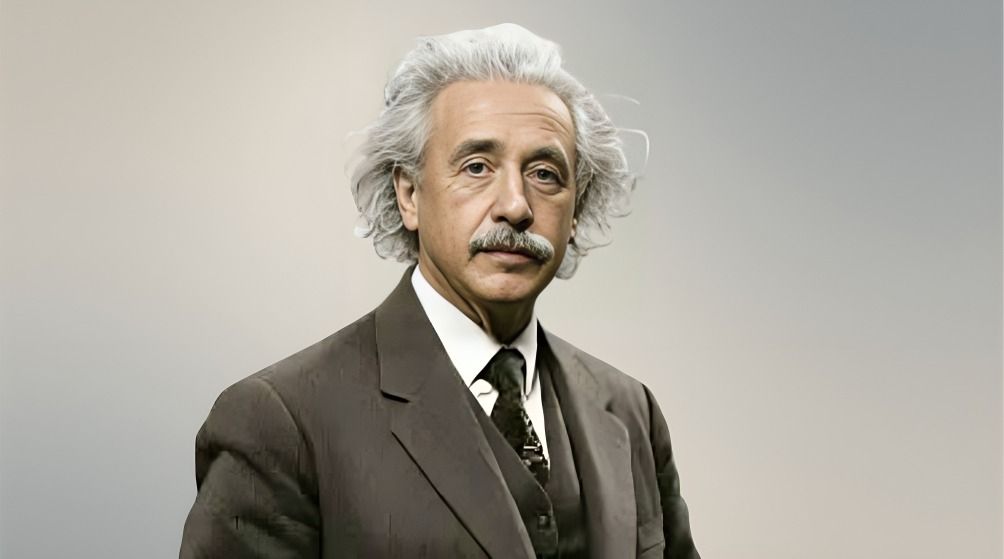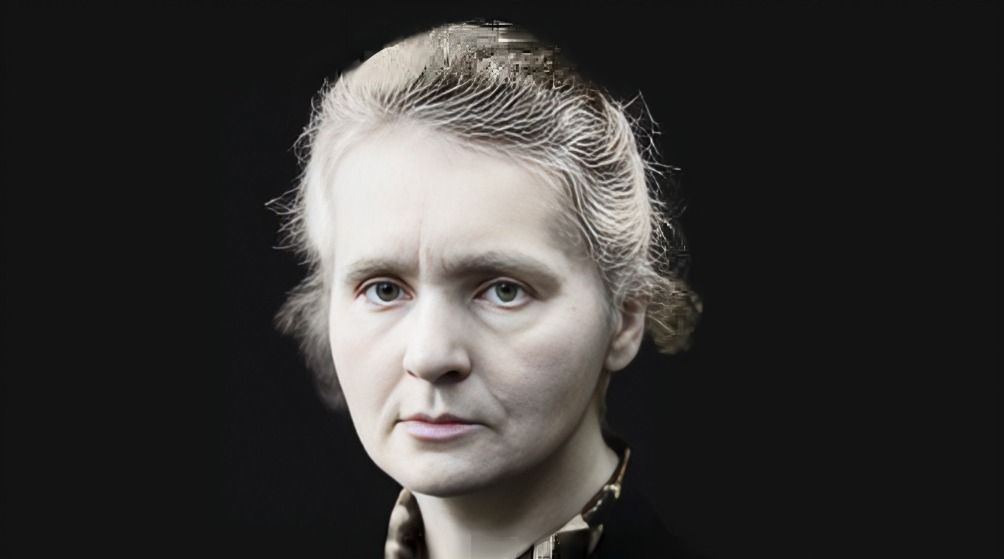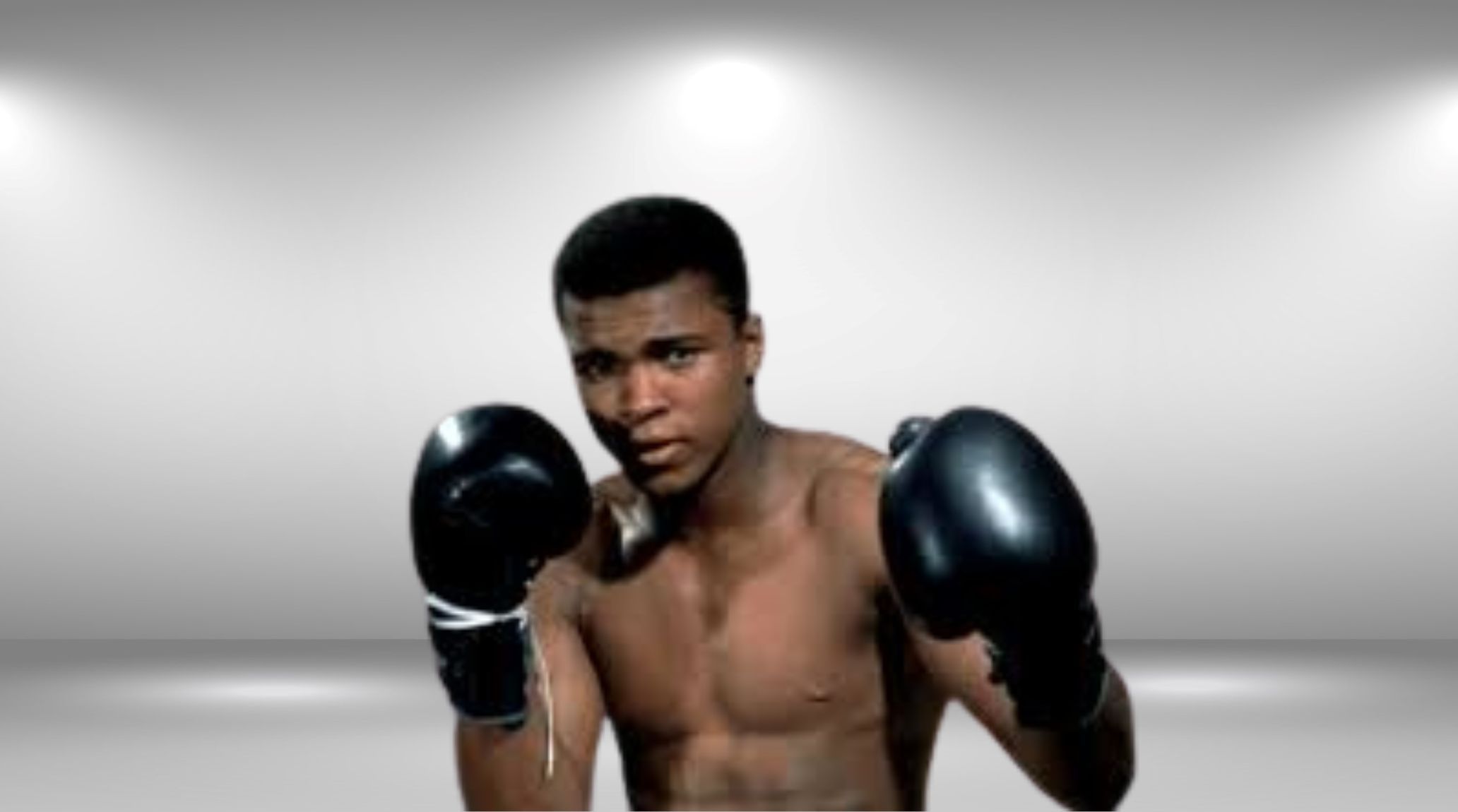
“
Muhammad Ali was more than just a boxing champion; he was a cultural icon and a powerful advocate for social change. His unwavering courage in and out of the ring made him a hero to many. In this blog, we will explore 20 incredible facts about Muhammad Ali, highlighting his extraordinary achievements, personal struggles, and the legacy he left behind. 1
1
”
Muhammad Ali (born January 17, 1942, Louisville, Kentucky—died June 3, 2016, Scottsdale, Arizona) was an iconic American boxer and social activist, renowned for his skill and influence both inside and outside the ring. 1
Muhammad Ali, known as "The Greatest," is widely regarded as one of the most important sports figures and the greatest heavyweight boxer of all time. His legendary boxing career began at age 12 after a stolen bike incident. 2
At 18, Muhammad Ali won a gold medal in the light heavyweight division at the 1960 Rome Olympics, launching his career on the global stage. This victory marked the beginning of his rise to fame. 3
After converting to Islam in 1961, Muhammad Ali won the world heavyweight title by defeating Sonny Liston on February 25, 1964, at age 22. That same year, he changed his name from Cassius Clay to Muhammad Ali. 4
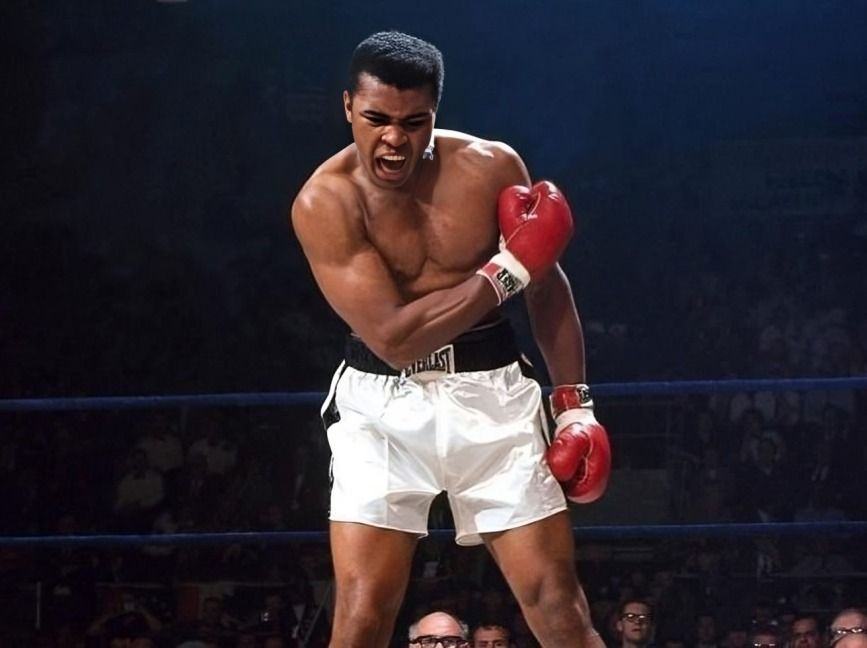
Muhammad Ali participated in several iconic boxing matches, including his legendary bouts with Sonny Liston, Joe Frazier (notably the Fight of the Century and the Thrilla in Manila), and George Foreman in the famous Rumble in the Jungle.
Ali refused to be drafted into the U.S. Army during the Vietnam War in 1967, citing his religious beliefs and opposition to the war, which led to his boxing license being suspended. 5
His refusal to serve in the military cost him 3.5 years of his prime boxing career, but Ali remained steadfast in his principles, eventually being vindicated by the U.S. Supreme Court in 1971. 6
Ali was the first fighter to win the world heavyweight title three times, with victories in 1964, 1974, and 1978, cementing his place in boxing history. 7
His 1974 victory over George Foreman in the "Rumble in the Jungle" is one of the most famous fights in boxing, where Ali used the "rope-a-dope" strategy to tire out his opponent. 8
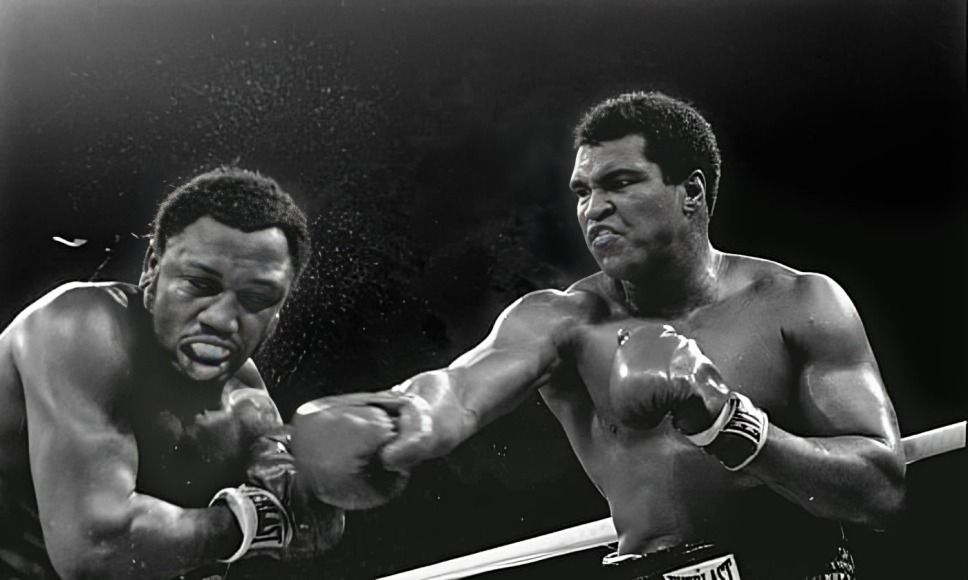
In 1975, Ali faced Joe Frazier in the "Thrilla in Manila," one of the greatest boxing matches of all time, with Ali winning after 14 brutal rounds.
Muhammad Ali, renowned for his witty and poetic self-praise, became boxing’s poet laureate. In 1963, at age 21, he released a spoken word album, "I Am the Greatest," showcasing his playful rhymes before an audience. 9
Muhammad Ali retired in 1981 with an impressive record of 56 wins, 5 losses, and 37 knockouts. Known for calling himself "The Greatest," he was never shy about praising his own achievements. 10
Diagnosed with Parkinson's disease in 1984, Ali spent the latter part of his life advocating for medical research and humanitarian causes, becoming an inspiration outside the ring. 11
Ali received the Presidential Medal of Freedom in 2005, one of the highest civilian honors in the United States, for his contributions to sports and humanitarian work. 12
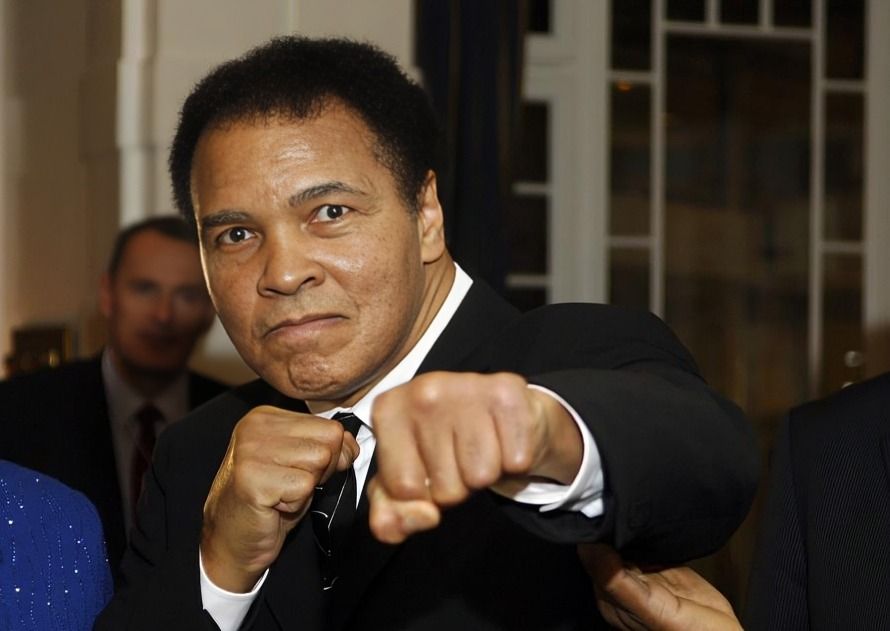
Throughout his career, Ali was a global figure, transcending boxing with his activism, which included civil rights, religious freedom, and opposition to war.
In 1974, 32-year-old Muhammad Ali faced undefeated champion George Foreman, 25, for the heavyweight title. Zaire's dictator, Mobutu Sese Seko, sought to boost his country's image and paid each fighter $5 million to host the bout in Kinshasa. 13
He was known for his philanthropic efforts, especially with children's hospitals and supporting those in need around the world, often using his fame to raise awareness. 14
Ali lit the Olympic flame at the 1996 Atlanta Games, despite battling Parkinson's, a moment that showcased his enduring strength and courage in the face of adversity. 15
His autobiography, The Greatest: My Own Story, was published in 1975 and became a bestseller, offering insights into his personal life, beliefs, and legendary career. 16
Muhammad Ali passed away on June 3, 2016, at the age of 74, leaving behind a legacy that impacted sports, culture, and global humanitarianism. 17

